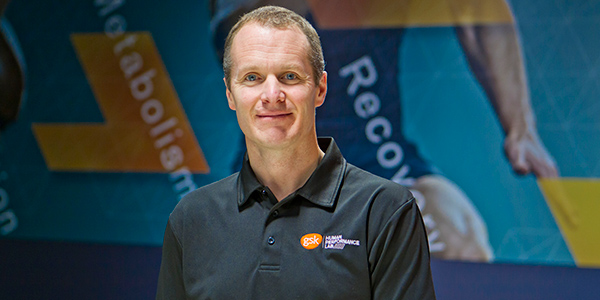Ken’s comment on: The Rugby World Cup
Decision-making in focus
As the 2015 Rugby World Cup approaches its climax with the impending crowning of the greatest rugby nation on the planet, we’ve had the opportunity to witness a powerful illustration of the importance of decision-making in sport.
Winning margins in 21st Century sport are ever decreasing. As sport and performance scientists, we have long been intrigued and motivated by the physiological and biomechanical determinants of performance, and the relative influence of nature (genetics) and nurture (training and environment). However, throughout this tournament we’ve witnessed many examples of matches being won or lost on ‘good’ or ‘bad’ decisions made by coaches, players and perhaps even referees – for example, the tactical substitution of players, choosing to kick for touch and contest a set piece rather than kick for goal, or awarding a last minute penalty... and many more.
But what do we know about decision-making? Is it an innate ability or can it be trained? Does it differentiate the winners from the losers?

Decision-making has long been considered an intangible ability – a God-given skill perhaps, and unquantifiable in objective terms. As we explore and better understand the role of the brain in sports performance – in part through the translation between neuroscience and sports psychology – we’ve identified that the brain is like any other muscle in the body. It needs to be trained and developed to achieve peak performance.
At the GSK Human Performance Lab (HPL) we’re carrying out research to develop novel and player-friendly ways to objectively measure decision-making capabilities in players. Whilst coach-based assessments can provide great richness and ecological validity, they are seldom objective or reliable. If we are to train and develop decision-making skills, we need to establish an accurate baseline. We’re also developing digital training techniques to promote decision-making skills in players. To read more about this and other research we’re conducting on brain function and decision-making in sport, please visit the GSK HPL Science Community.
As the tournament nears an end and we take to the comfort of our armchairs to watch the World Cup final – or to the hard plastic seats at Twickenham if you’re very fortunate – we can look forward to some of the very best decision-making by the world’s best players. But even the most gifted and best prepared players will likely succumb to the pressure of the occasion and the inevitable physical and mental fatigue as the game enters the final quarter. And which team will lift the trophy? Will it be the fittest squad, the most skilled and best drilled team or the 15 men with the greatest hunger to win in the final minutes of the game? It’s more likely the final score will be determined by one or two key decisions, made under pressure, that change the course of the game – and it will be these that are remembered, scrutinised and replayed for the next 4 years!
Tags:

